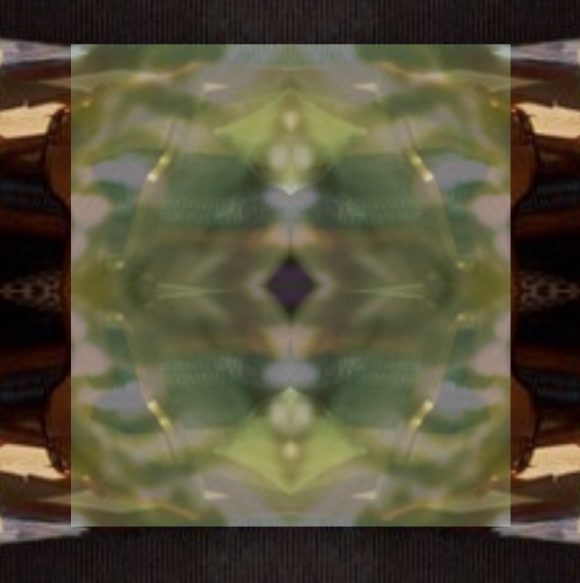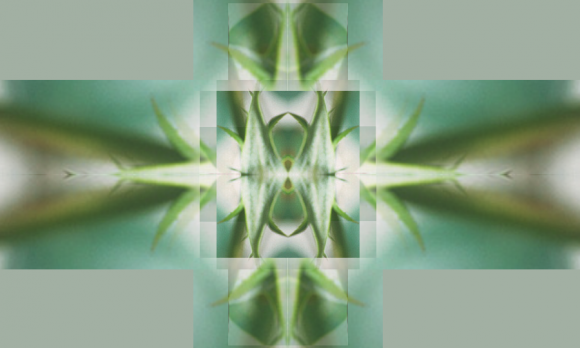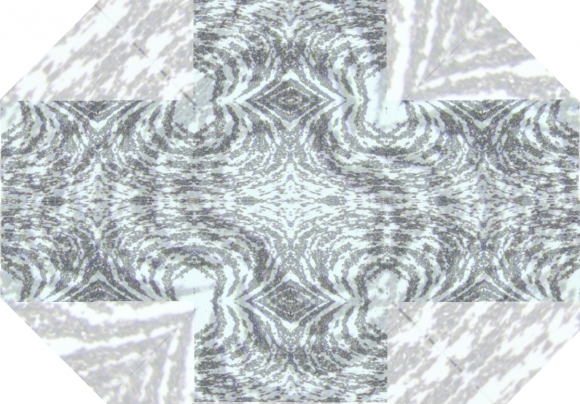
It’s not exactly easy to figure out, from the synchronicities essay, what Jung’s conclusion regarding synchronicity actually was. Most likely, he didn’t really arrive at one. In the text itself, there is a bit of a fuzzy overlay of two main viewpoints. One is a metaphysical notion of a “psychoid” background layer behind both the physical and psychic worlds, which both reflect that layer without...



